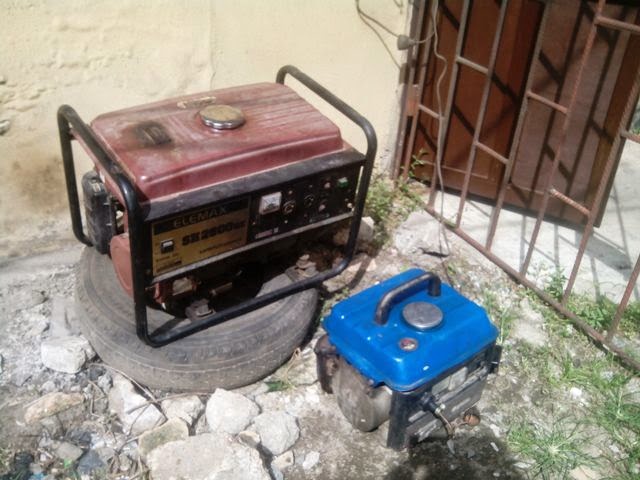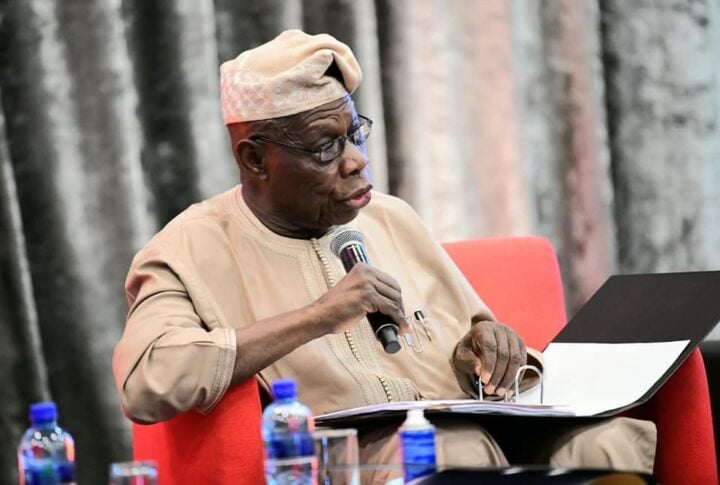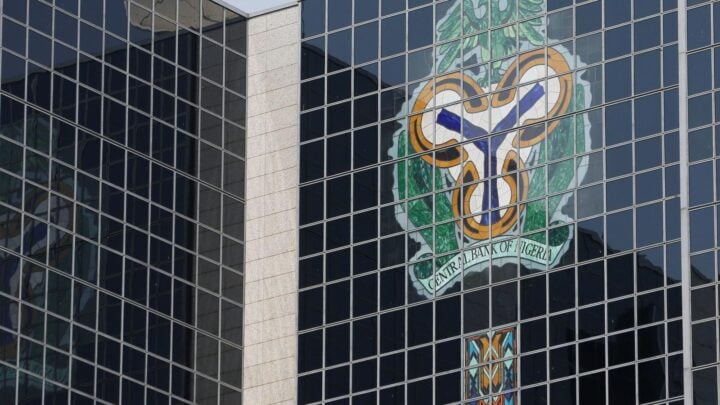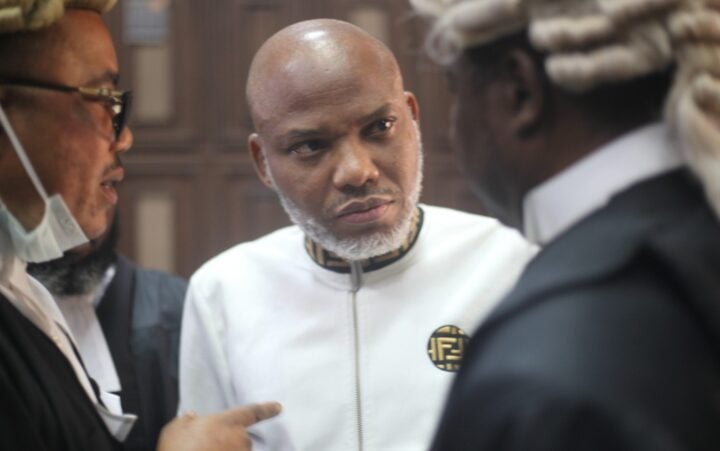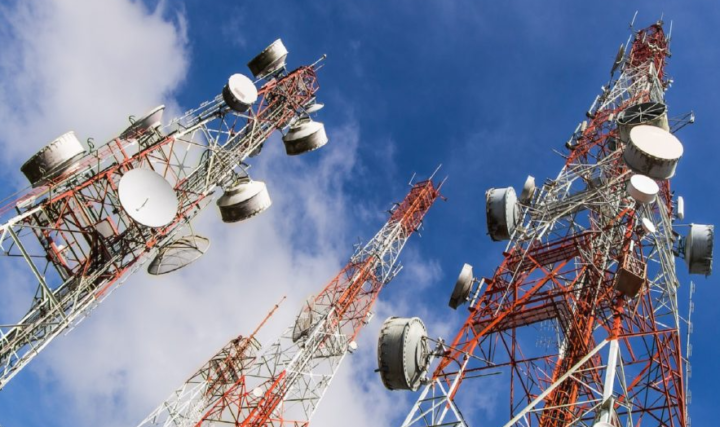Adebayo Adelabu, minister of power, says Nigeria gets about 40,000 megawatts (MW) of electricity from generators powered by petrol and diesel.
Nigeria generates most of its on-grid electricity through thermal and hydro, with an installed capacity of about 12,522 MW.
The minister disclosed this on Tuesday at the ministerial retreat on integrated national electricity policy and strategic implementation plan in Abuja.
The retreat was themed, ‘Navigating and aligning on the path to enhanced electricity reliability’.
Advertisement
Speaking during the retreat, he said the main objective of the Nigerian electricity sector reform programme, initiated over 23 years ago, is to provide efficient and consistent electricity to consumers, promoting reliability and affordability.
“Even as electricity consumption per capita was at 140 KWh in 2021, relatively low in comparison to neighbouring countries and almost three times lower than the average for Sub-Saharan Africa, Nigeria is a case study in a deep electricity paradox,” he said.
The minister said Nigeria has grown to become the host of “probably the world’s largest fleet” of diesel and petrol-powered generators.
Advertisement
“Various figures have been mentioned but it is safe to say that this fleet measures no less than 40,000MW of total capacity,” he said.
“At an average operating cost of no less than =N=250/kWh as opposed to an average economic tariff today of approximately =N=120/kWh (weighted between petrol and diesel generation), the daily cost of this extreme inefficiency in electricity supply in Nigeria is measurable in tens of billions of Naira daily.
“This is hard-earned money that would better be deployed to savings, discretionary consumer spending and tax revenue for governments instead of being literally burnt and going up in diesel and petrol emissions that harm our environment and contribute to incessant noise pollution in many of Nigeria’s cities.”
Adelabu said he would be leveraging his role “in bringing together our industry for collaborative action, aiming to rectify this disconcerting situation”.
Advertisement
He said the present administration’s immediate goal is to significantly transform the current ratio between backup electricity generation and on-grid supply in the near to mid-term.
Add a comment
